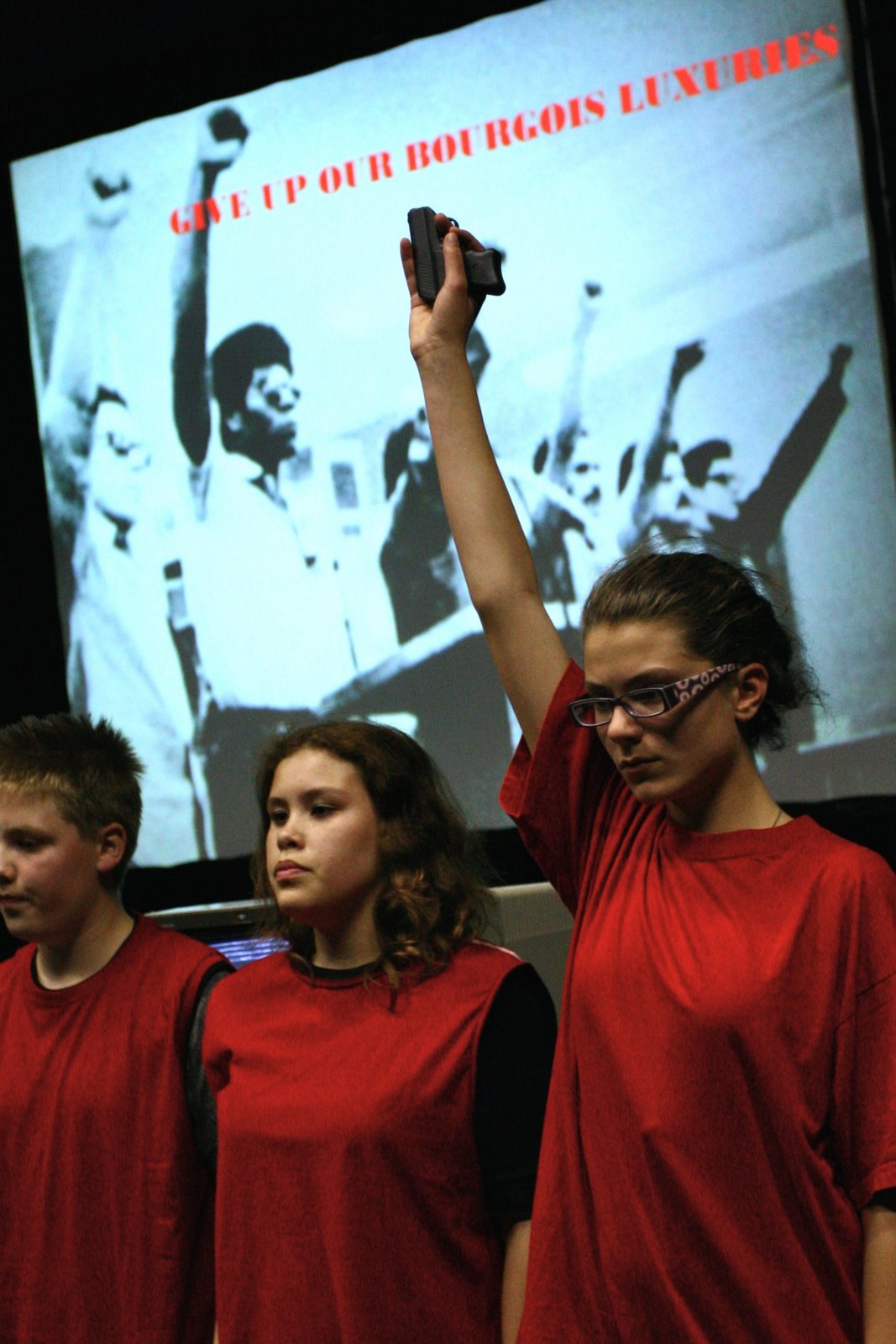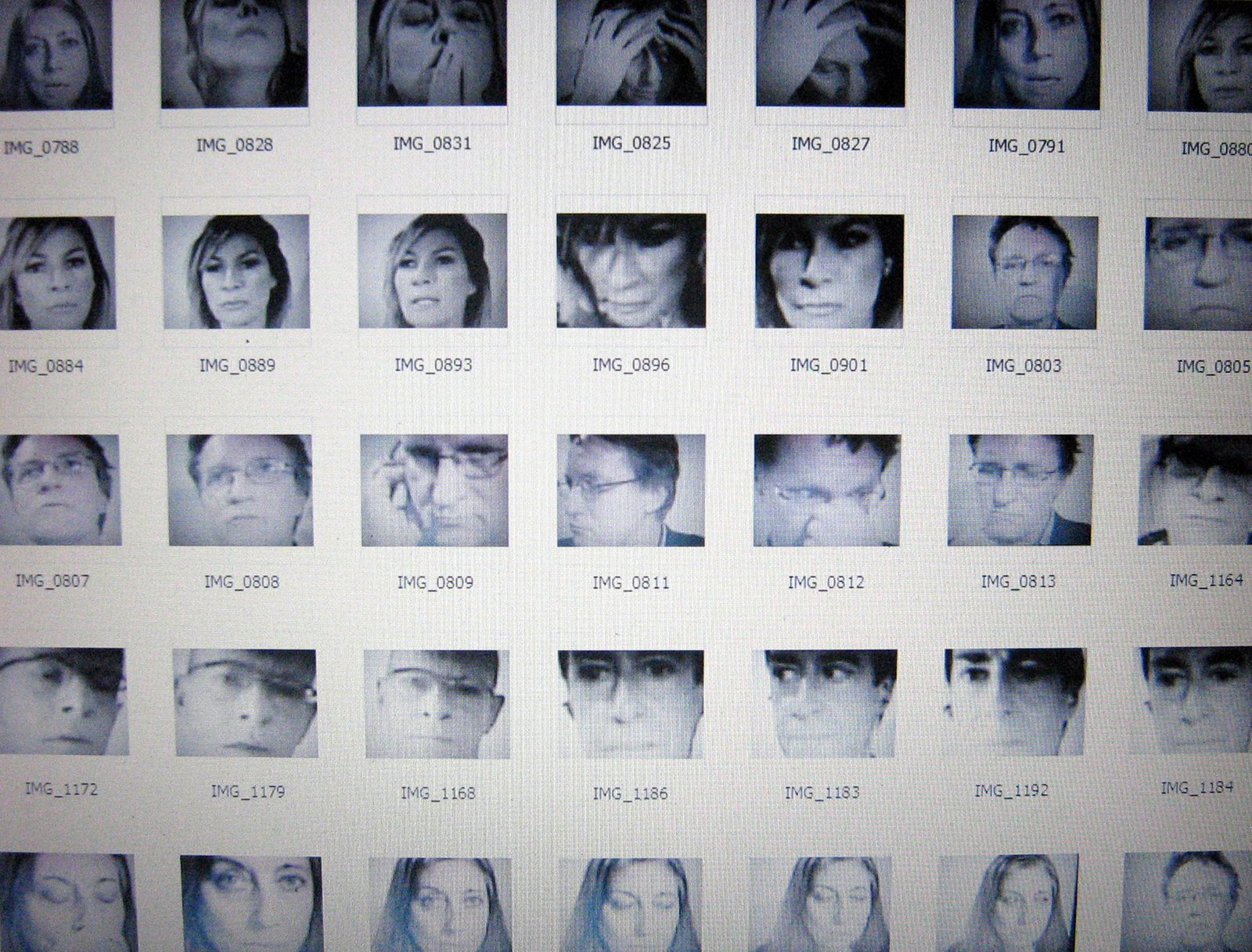
"A Short History of Crying"
a stand-up tragedy by Sanja Mitrović
In her new work, A Short History of Crying, Sanja Mitrović questions the social and cultural mechanisms related to public display of emotions. Contrasting personal statements with iconic scenes of crying in contemporary culture, as well as presenting the material from a research trip through the Balkans and the Netherlands, this ‘stand-up tragedy’ examines how emotions are manifested in different situations, and why we express them publicly.
Credits:
Concept/text/direction/performance: Sanja Mitrović Dramaturgy: Felix Ritter, Marija Karaklajić Stage design concept: Laurent Liefooghe www.liefooghe.be Set design realization: Douwe Hibma Research/artistic advice: Vladimir Tupanjac Sound design:Evelien van den Broek, Vladimir Rakić Light design: Katinka Marac Video design: Janneke KupferCamera: Marko Stojmenov, Nadja Leuba Assistant director: Guilio D’Anna, Maya van den Heuvel-Arad English translation: Siniša Mitrović Dutch translation: Sarah van Lamsweerde Technicians: Paul Schimmel, Konstantin Leonenko Production: Anke Wirken
Co-production: Stand Up Tall Productions/Amsterdam,
hetveem theater /Amsterdam,
Center for Cultural Decontamination/Belgrade
A Short History Of Crying is financially supported by European Cultural Foundation, Fonds Podiumkunsten Nederland, Amsterdams Fond voor de Kunst, SNS REAAL Fonds, VSB Fonds
Avant-premiere:
19, 20 November 2010
Bits&Pieces Festival, Beursschouwburg, Brussels
Premiere:
24 November 2010 hetveem Theatre, Amsterdam
youtube trailer:
http://www.youtube.com/watch?v=lwGgcylT2Dw
Further dates
13th of March 2011, festival Perforacije, La Mama Theatre, New York
www.lamama.org
16th of March 2011, DancEunion Festival, Southbank Center, London
www.southbankcenter.co.uk






